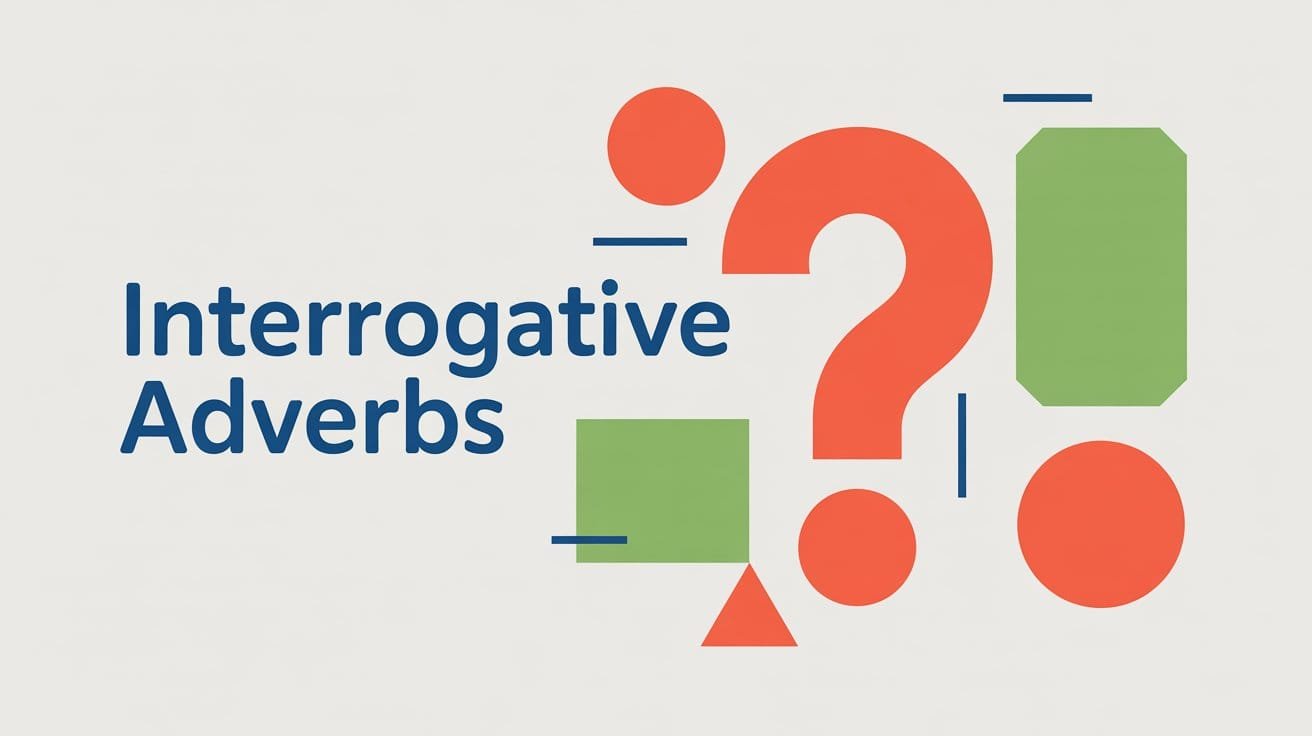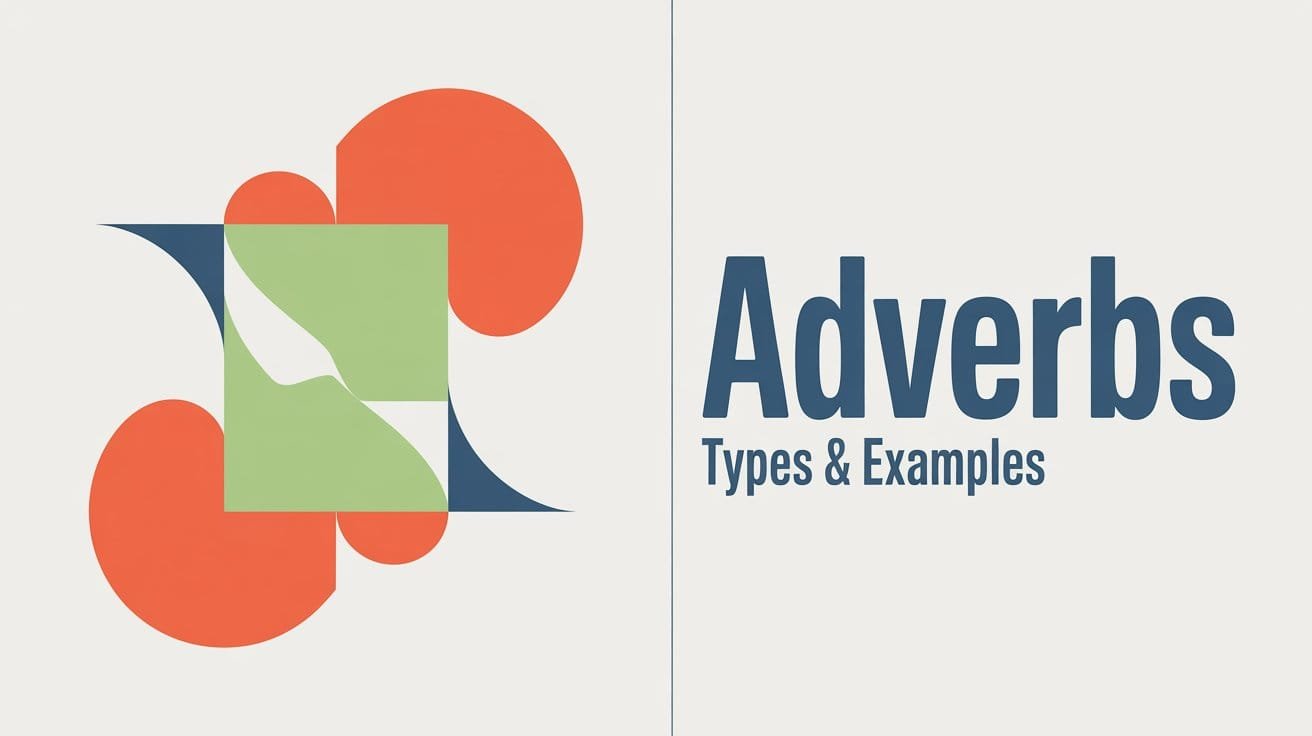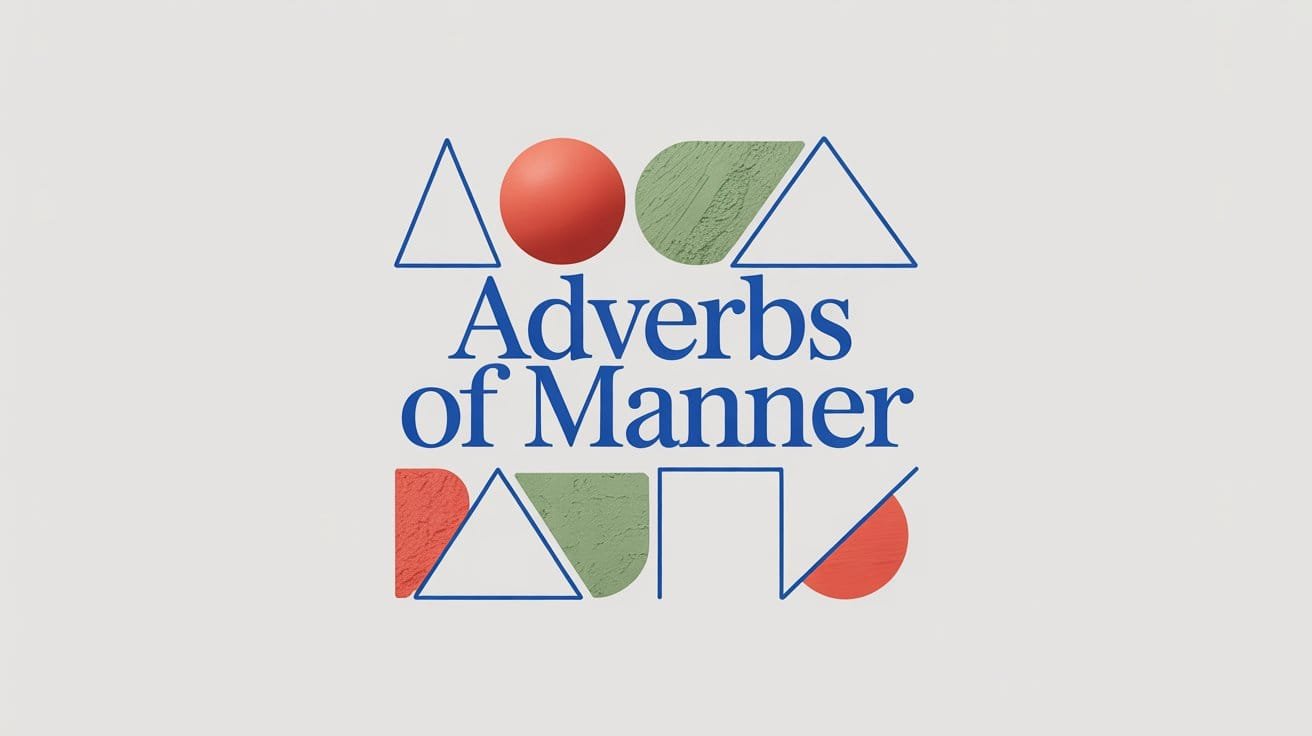Interrogative adverbs are essential tools for effective communication, and understanding how to use them correctly enables you to ask questions that are clear, informative, and to the point. They help you seek specific information in everyday conversations, interviews, research, and various other situations where inquiries are necessary.
What is an Interrogative Adverb?
An interrogative adverb is a type of adverb used in English grammar to form questions and gather specific information about the circumstances, manner, place, time, or reason of an action or event. These adverbs are often called “question words” because they introduce questions and help us inquire more deeply about a situation.
Picture yourself organizing a surprise party for your friend. You need to find out the perfect time for the party without giving away the secret. You might ask, “When will you be available?” Here, the word “when” is the interrogative adverb. It’s a question word that helps you get the specific information you need about the time.
Interrogative Adverb Examples
Examples of interrogative adverbs in English are…
- “When”
- “Where”
- “Why“
- “How”
Structure and Word Order
When forming questions with interrogative adverbs, remember the basic structure. It usually starts with the interrogative adverb, followed by the auxiliary verb (if necessary), the subject, and the main verb.
Example: “Where did you go?”
Here, “where” is the interrogative adverb, “did” is the auxiliary verb, “you” is the subject, and “go” is the main verb.
Types of Interrogative Adverbs
Interrogative adverbs can be categorized into four different types: time, place, manner, and reason.
- Time Interrogative Adverb (“When”): Focuses on time-related information, used to inquire about the timing of an event or action.
- “When is your flight departing?”
- Explanation: The question is asking for the specific time or schedule of departure for the flight.
- “When did she start learning the English language?”
- Explanation: Here, “when” seeks information about the starting time or date of the action (learning the English language).
- “When will the meeting take place?”
- Explanation: This question is asking about the future time when the meeting is scheduled to happen.
- “When is your flight departing?”
- Place Interrogative Adverb (“Where”): Used to ask about locations or destinations, helpful when seeking directions or locating something or someone.
- “Where is the library located?”
- Explanation: The question is seeking information about the specific location or position of the library.
- “Where did you spend your vacation?”
- Explanation: Here, “where” inquires about the place or destination where the person spent their vacation.
- “Where can I find a grocery store around here?”
- Explanation: This question asks for information about the location of a grocery store nearby.
- “Where is the library located?”
- Manner Interrogative Adverb (“How”): Used to understand the method or way in which an action is performed, exploring the techniques, styles, or approaches involved.
- “How does this machine work?”
- Explanation: The question seeks an explanation or method of operation for the machine.
- “How did she solve the problem so quickly?”
- Explanation: Here, “how” is asking about the method or approach used to solve the problem swiftly.
- “How are you supposed to assemble this furniture?”
- Explanation: This question seeks information regarding the method or instructions for assembling the furniture.
- “How does this machine work?”
- Reason Interrogative Adverb (“Why”): Helps uncover the motives, causes, or explanations behind an action or feeling, aiming to understand the reasons for a particular event or behavior.
- “Why did she choose to pursue that career path?”
- Explanation: The question seeks the reasons or motives behind the choice of a specific career path.
- “Why is she upset with you?”
- Explanation: Here, “why” asks for the reason or cause behind someone being upset with the listener.
- “Why did they cancel the event at the last minute?”
- Explanation: This question aims to understand the reasons or circumstances that led to the cancellation of the event abruptly.
- “Why did she choose to pursue that career path?”
Interrogative Adverbs vs. Interrogative Pronouns
In the world of grammar, it’s not uncommon for terms and concepts to sound similar or even appear interchangeable. This is the case with interrogative adverbs and interrogative pronouns, but they serve different roles in forming questions. Let’s clarify the distinction and provide more examples to illustrate the difference.
Interrogative adverbs are adverbs used to ask questions about the circumstances or details of an action or event. These adverbs modify verbs, adjectives, or other adverbs in a sentence. They provide information about aspects such as time, place, manner, reason, or quantity.
Examples of Interrogative Adverbs:
- How: “How are you feeling?”
Here, “how” modifies the verb “are feeling,” inquiring about the manner of feeling.
- Where: “Where did you find the lost key?”
“Where” modifies the verb “did find,” asking about the place of finding.
- When: “When did the concert end?”
“When” modifies the verb “did end,” seeking information about the time of the event’s conclusion.
- Why: “Why are you learning a new language?”
“Why” modifies the verb “are learning,” investigating the reason or motivation.
Interrogative pronouns, on the other hand, are pronouns used to replace nouns in questions. They stand in for specific people, things, or objects, and they are typically found at the beginning of a question.
Examples of Interrogative Pronouns:
- Who: “Who is coming to the party?”
“Who” replaces the noun referring to a person or people who will attend the party.
- What: “What is your favorite color?”
“What” stands in for the noun “color,” which you are inquiring about.
- Which: “Which book should I read next?”
“Which” takes the place of the noun “book” in the question.
- Whose: “Whose bag is this?”
“Whose” replaces the noun “bag” to ask about ownership.
In summary, while interrogative adverbs modify verbs, adjectives, or adverbs in questions and provide information about aspects like time, place, manner, reason, or quantity, interrogative pronouns replace nouns and serve as placeholders for specific people, things, or objects in questions. Understanding this distinction is crucial for forming questions correctly and effectively in English.
Interrogative Adverbs Exercise
Instructions: For each question, select the correct interrogative adverb that best fits the context.
- ____ are you planning to visit your grandmother?
a) What
b) Why
c) When
d) How
- ____ did you get this beautiful painting?
a) How
b) Who
c) Where
d) When
- ____ did you learn to play the piano?
a) What
b) Why
c) Where
d) How
- ____ will you be back from your vacation?
a) When
b) How
c) What
d) Why
- ____ are you feeling so excited?
a) What
b) When
c) Why
d) How
- ____ did you come to this decision?
a) What
b) Why
c) Where
d) How
- ____ did you hear about the job opening?
a) How
b) Who
c) Why
d) What
Answer Key:
- c) When
- c) Where
- d) How
- a) When
- c) Why
- d) How
- d) What
FAQs About Interrogative Adverbs
Q1: What are interrogative adverbs?
Interrogative adverbs are a type of adverb used in English grammar to ask questions and gather specific information about the circumstances, manner, place, time, or reason of an action or event. They are also known as “question words” because they introduce questions and help us inquire more deeply about a situation.
Q2: What are the common types of interrogative adverbs?
The common types of interrogative adverbs are “who,” “what,” “when,” “where,” “why,” “how,” “how much,” and “how many.” Each type serves a specific role in asking questions about different aspects of a situation.
Q3: Can you give some examples of questions using interrogative adverbs?
Certainly! Here are a few examples:
1. “Where is the nearest restaurant?”
2. “How did you solve the puzzle?”
3. “Why are you feeling sad?”
4. “When did you arrive at the party?”
Q4: What’s the difference between interrogative adverbs and interrogative pronouns?
Interrogative adverbs are used to ask questions about the circumstances, manner, place, time, or reason of an action or event. These adverbs modify verbs, adjectives, or other adverbs in a sentence. Interrogative pronouns, on the other hand, are used to replace nouns in questions, and they stand in for specific people, things, or objects.



